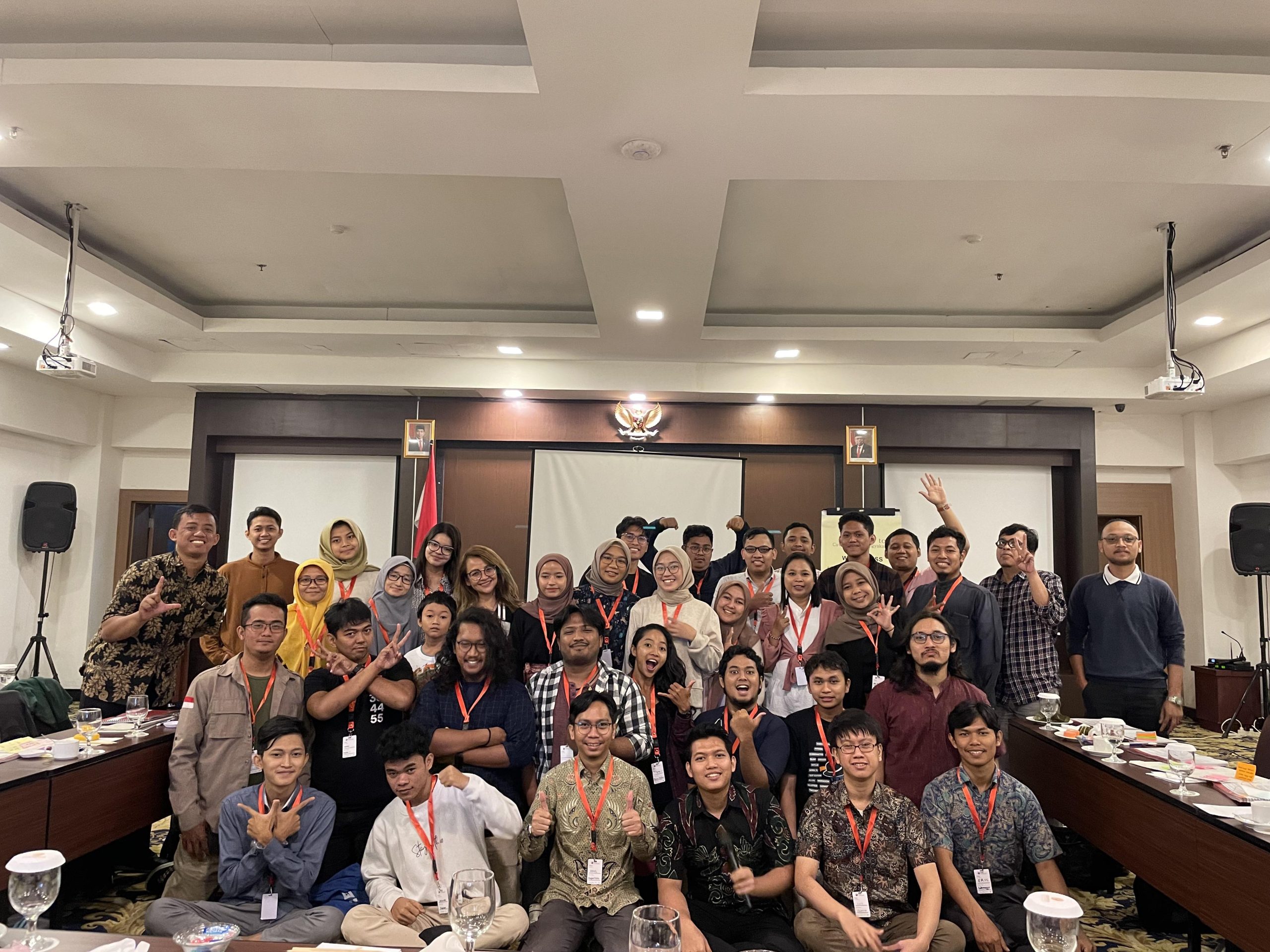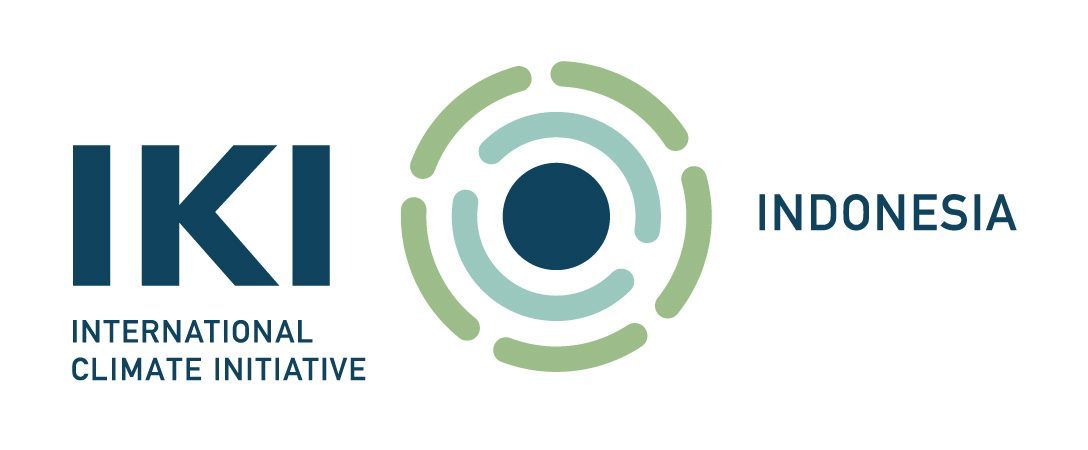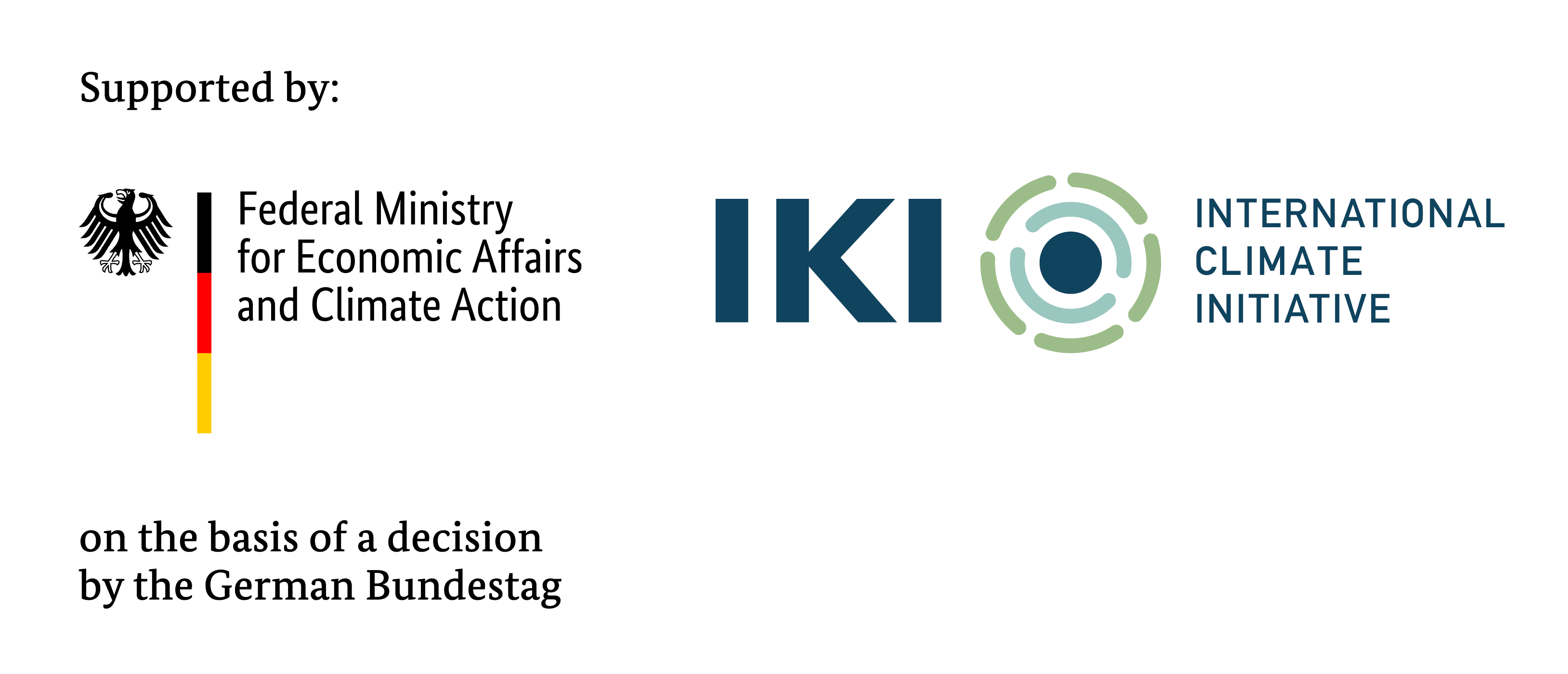SEED
The Indonesian government launched the Low Carbon Development Initiative (LCDI) mainstreaming low-carbon development and poverty alleviation into Medium-Term National Development Plan (RPJMN) 2020-2024 to transform its economy while maintaining economic growth. In this context, the SEED Indonesia Hub supports since 2018 the uptake of eco-inclusive enterprise models that support the transformation in key LCDI sectors such as waste, agriculture, energy and forestry. The SEED Indonesia Hub was driving the development of innovative finance instruments in decentralised mini-grid financing as well as blockchain-based conservation finance for the rich Indonesian natural assets. At the policy level the hub is jointly with local partners advocating to link better public procurement processes with sustainable SMEs in order to strengthen local green markets. The SEED Indonesia Hub is hosted by Instellarr
Project Overview
19.04.2013 - 30.06.2024
Ghana, Indonesia, India, Thailand, Uganda and South Africa
Jakarta, Yogyakarta, Bandung, West Java, Bali as well as online implementation.

adelphi research gemeinnützige GmbH
Instellar – Growing Impactful Business
Political Partners
Diverse climate change relevant institutions in the respective partner countries
Policy Priorities
With a population of more than 270 million people, Indonesia is one of the most densely populated countries in the world. Over nine percent of the population live below the poverty line and around 30% are vulnerable to the effects of climate change, as large parts of the country lie at sea level. This means that the country is highly affected by the consequences of climate change, such as increased severe weather events and rising sea levels. Strengthening social resilience, especially of those marginalized, disadvantaged sections of the population living in coastal areas severely affected by climate change, is therefore one of the core elements of Indonesia's NDC. In addition to adapted spatial planning and land use, the creation of food and water security and the use of renewable energies were identified as priority fields of action in the 2016 document. Furthermore, the country, which is the tenth largest carbon dioxide emitter in the world, commits to reducing its greenhouse gas emissions by 29% compared to the BAU scenario by 2030. In Indonesia, there is enormous potential for expanding climate protection, particularly in the key areas of electricity supply, passenger transportation and in the most important parts of the forestry industry. The primary energy mix is still heavily dominated by fossil fuels, with coal, oil and gas accounting for around 84%. However, the potential of natural resources for renewable energies is estimated to be very high. So far, the target is considered achievable, but insufficient, as it was scaled inappropriately to the country's shares and would not be compatible with the 2-degree target. Indonesia's National Mid-Term Development (2020-2024), which is considered much more ambitious, plans to triple renewable energy capacity and recognizes the potential of SMEs as key drivers of economic growth and social inclusion. Covid-19 has only led to a short-term reduction in emissions (6%), in line with the global trend. The reason for this is the reduced export figures for two of the country's key economic products: Coal and palm oil. The National Recovery Programme does not include a strategy to decarbonize the economy and Indonesia is one of only five countries in the world that started building new coal-fired power plants in 2020. Furthermore, only one of the three scenarios presented in 2019 as part of the Low-Carbon Development Plan would lead to a reduction in emissions by 2045 compared to current levels. The country is characterized by an immense informal sector; according to OECD estimates, around 90% of all companies in Indonesia operate informally. SMEs contribute (as of 11.2020) around 60% of GDP and provide around 97% of jobs. In light of the pandemic's impact, the government provided USD 8.3 billion for SMEs, which amounted to 17% of the targeted rescue package. The disbursement was not linked to any sustainability requirements. The professionalization and strengthening of SMEs, especially in sectors that increase the resilience of the Indonesian population (food and water security) and in key sectors for reducing emissions (renewable energies), are therefore of considerable importance for achieving national development goals, the NDCs, the National Action Plan on Climate Change Adaptation or more ambitious updates.
Relevant Links: https://www.international-climate-initiative.com/PROJECT727-1

